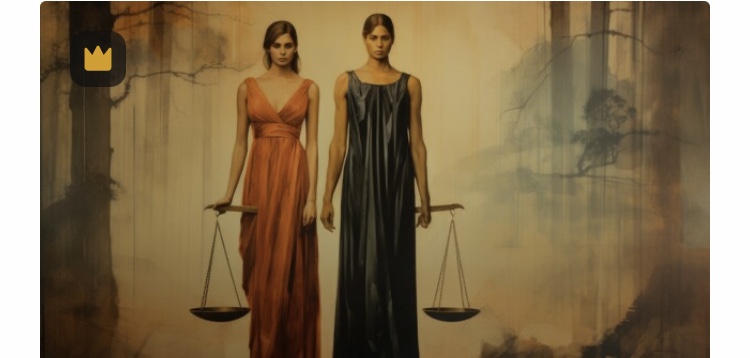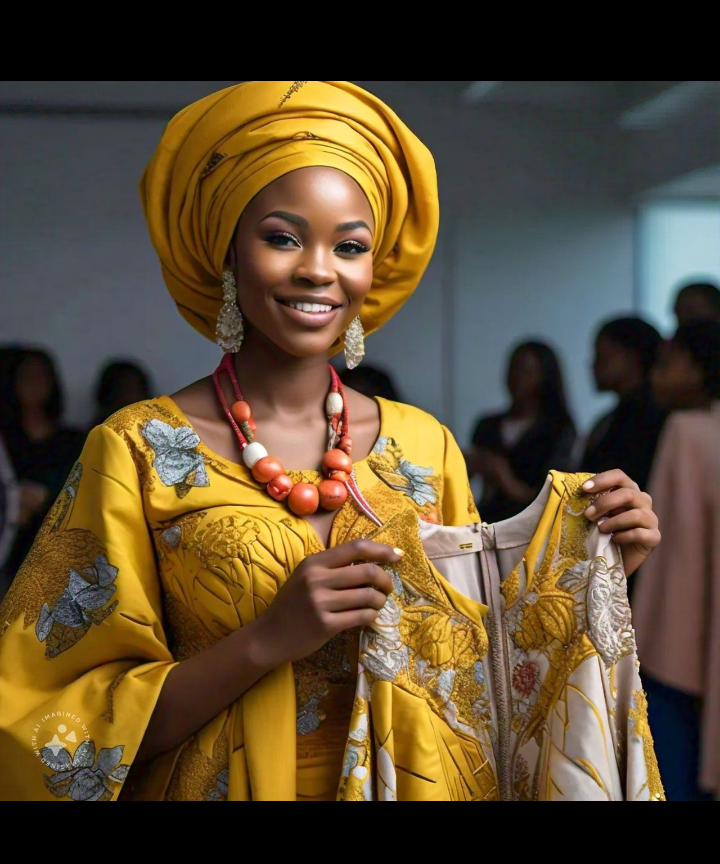
From your tailored dresses, suits, bags, accessories, shoes, all bespoke apparels that makes a statement. We rarely think of the intricacies behind the productions, rarely throw a thought to the fashion industry.
The recent trends pushed by social media, fashion houses, designers are being exposed. They brought to light the issues and challenges the fashion industry encountered, the need to protect their creative works, made for the new area of law called Fashion Law.
Fashion law is an emerging legal specialty that encompasses issues surrounding the life of garment from conception to brand protection.
In Nigeria, the emergence of the area of law specializing in fashion, there is however little to no rules or regulations guiding or addressing the challenged fashion brands encounters. Broadly, fashion law covers issues in these following areas.
1. Intellectual Property Rights: An area of law that protects trademarks, copy rights and patents.
2. Business Contracts and Finance: These are agreements between designers, manufacturers, distributors and retailers.
3. Sustainability and Environmental Law: This area of law regulates waste management, recycling and eco-friendly practices.
4. E-commerce and Digital Law: This area has to do with the recent surge in social media, calling for data privacy laws and cyber security.
5. Consumer Rights protect advertising regulations, product safety and labeling. Under the Consumers Protection Council, it protects consumer’s rights and interest in the fashion industry.
Majorly, fashion law being a brand new legal specialty, the bulk of its challenges, involves issues in intellectual property rights. Fashion law identifies with issues under trademark law, copy right law and patents.
When we think about protecting intellectual property in the fashion world, one question may arise: What exactly can I protect?
Subsequently, as Fashion law is yet to have a standard regulation guiding its industry, as well as identifying with issues under the intellectual property rights, most fashion law challenges are guided by the Trademark Act, the Copyrights Act and the Patents and Design Act.
TRADEMARKS:
Registered trademarks in Nigeria are governed by the Trademarks Act, Chapter T13 Laws of the Federation of Nigeria 2004 (TMA).
A trade mark is defined under the Trade Marks Act to mean, except in relation to a certification trade mark: a mark used or proposed to be used in relation to goods for the purpose of indicating, or so as to indicate, a connection in the course of trade between the goods and some person having the right either as proprietor or as a registered user to use the mark, whether with or without any indication of the identity of that person. In relation to a certification trade mark, a mark registered or deemed to have been registered.
As a brand who has registered his trademark, he can bring an action against infringement, theft, passing off his creative work. A registered brand name is protected and can seek redress, obtain damages.
COPYRIGHT ACT:
In Nigeria, copyright is governed by the Copyright Act, Laws of The Federation of Nigeria 2022 (Copyright Act)
Under Section 2, the act provides for works which can be eligible for copyright protection. Which includes literary works, artistic works, musical works and so on. The work of a fashion designer ultimately translates into an artistic work, therefore can be protected under section 2 of the Copyright Act.
PATENTS:
A patent is an invention, brought about by a creative process, and can be applied for industrial process. A patent protects the inventor’s work, giving him exclusive right to manufacture, use the invention for a period of 20 years. For patents to be granted, the invention must have been the first of its kind, and overall, being capable of use to the society. It is on these grounds that patents can be granted.
Industrial designs are protected by the Patents and Designs Act 1970 (Cap P2 LFN 2004). Specifically, sections 12 – 22 of the Act contain provisions special to the protection of designs.
Conclusion:
Protection of one’s creative work, is what the intellectual property right stands for. Incorporating the issues emerging from fashion law, the regulations guiding the practices of intellectual property laws, reflect seamless, patching up and providing remedy for these issues.
Fashion law creates the awareness for brands, fashion houses and designers, to actively protect their works.
Cited works:
BiLD JOURNAL 5(2) Evaluating the Legal Protection of Fashion Brands in the Fashion industry of Nigeria. (pages 84)


